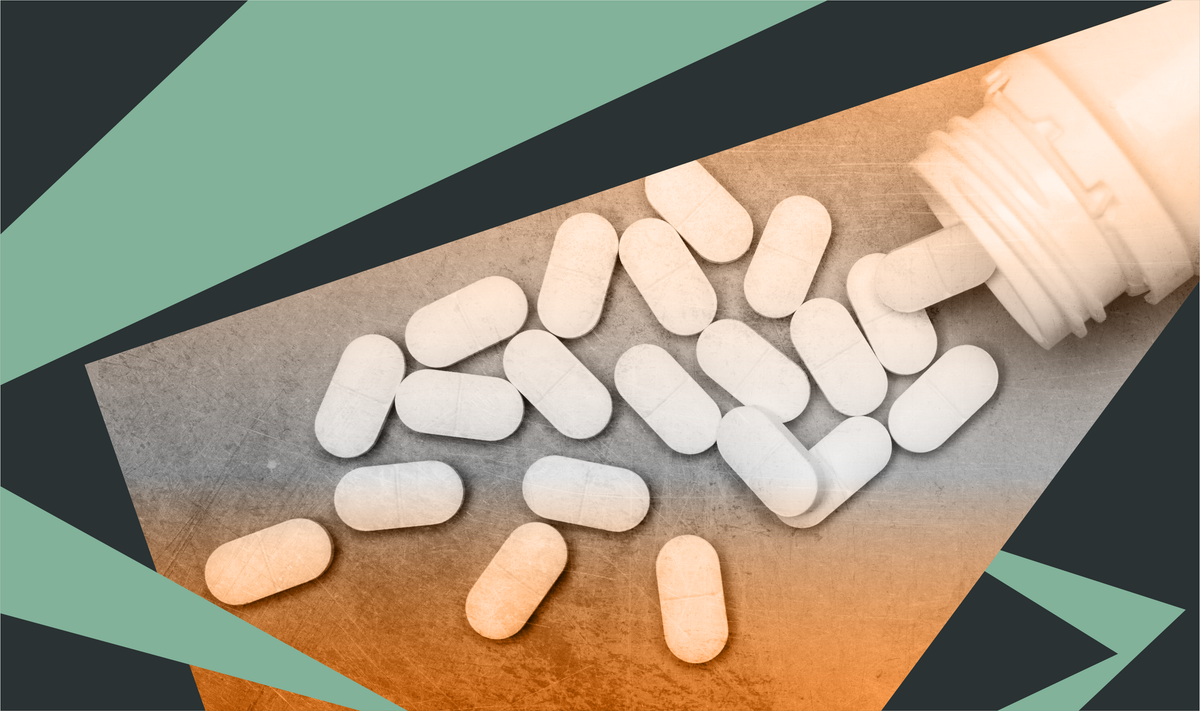Video sounds alarm about kratom dependency
Plus, posts responded to a provision in the government spending bill that will ban most hemp products.

Plus, posts responded to a provision in the government spending bill that will ban most hemp products.
Earlier this month, a social media influencer shared a video about his negative experience with kratom, an unregulated herbal supplement, sparking conversation about its harms. Then, after Congress passed a bill that will ban most hemp products, social media users shared mixed views on hemp safety and regulation. Additionally, a Reddit post about beginning to use heroin demonstrated an information gap about its addictiveness and fueled discussion about risks.
Given these conversations, communicators may share information about the risks of kratom, hemp, and heroin and offer resources for people with substance use disorder.

Insights brought to you by the reporters and science writers of Public Good News (PGN), a nonprofit newsroom dedicated to improving community health.
What’s trending nationally in conversations about substance use
On November 10, a social media influencer with more than 1 million YouTube subscribers shared a video titled, “This Gas Station Drug Nearly Ruined My Life.” In the video, he explained how he became dependent on “Feel Free,” a kratom supplement sold at some gas stations and convenience stores, and warned about its health risks. The video received approximately 830,000 views, 60,000 likes, and 9,000 comments as of November 18. Commenters shared stories about themselves and their loved ones becoming dependent on kratom, and many expressed frustration that kratom products are often advertised as “natural,” when “natural” doesn’t necessarily mean a product is healthy or safe. Conversations about kratom also occurred in multiple recent Reddit threads, where commenters highlighted risks like liver damage. Many suggested that kratom products should be more highly regulated or banned.
On November 12, as part of the legislation to end the government shutdown, Congress passed a bill that will ban nearly all consumer products containing hemp, a derivative of cannabis like marijuana that contains lower levels of THC, a compound that creates a “high.” The bill, which goes into effect in a year, will outlaw hemp products containing more than 0.4 milligrams of total THC per container. Social media posts across platforms advocated for access to hemp products like CBD oil and gummies, saying that they help them manage chronic pain and post-traumatic stress disorder. Others expressed concern that hemp products are unsafe, but most called for stricter regulation rather than a ban.
On November 11, a Reddit user shared a post in the subreddit r/Drugs saying that they started using heroin and are enjoying it, but they plan to stop using it after the bag that they purchased runs out. Later, they responded to the thread and said that they were struggling to resist buying more heroin. Commenters expressed alarm and warned the original poster that they could develop substance use disorder. Some shared personal stories about their own experiences with SUD and urged the person to stop using heroin now.

Recommendations brought to you by the health communication experts behind Infodemiology.com.
Recommendations for public health professionals
Each week, the Infodemiology.com team will provide messaging recommendations in response to some of the trending narratives outlined above. These helpful tips can be used when creating content, updating web and FAQ pages, and developing strategy for messaging about substance use.
Conversations about opioid withdrawal provide an opportunity to reiterate that anyone can develop OUD, including those who are prescribed opioids by a doctor. Communicators may share information about medication for opioid use disorder, local drug treatment centers, recovery groups, therapist directories, and Conversations about kratom have persisted since July, when the Food and Drug Administration took steps to reclassify a concentrated kratom byproduct (7-hydroxymitragynine, or 7-OH) as a controlled substance. Then in September, reports of kratom-related overdose deaths fueled rising alarm. In response to these ongoing discussions, communicators may continue to stress that the Drug Enforcement Agency lists kratom as a “drug and chemical of concern,” which means that consuming it can potentially lead to SUD. Additional messaging may explain that kratom is not regulated by the FDA as an approved medication or supplement and that it can cause serious side effects like liver damage, dizziness, trouble breathing, seizures, and delusions.
Given discussions about hemp, messaging may explain that consumer hemp products, including CBD products, are not regulated by the FDA and may come with risks like liver damage, drowsiness, digestive problems, mood changes, and poisoning. Highlighting that hemp may also interact with prescription or over-the-counter medications is recommended, as is stressing that it is not safe for pregnant people or children.
Conversations about heroin provide an opportunity to explain that heroin is an illegal, highly addictive opioid. Messaging may highlight that using heroin can lead to a deadly overdose or opioid use disorder. Communicators may also explain that people who inject heroin and other drugs are at risk of contracting serious diseases like HIV, hepatitis C, hepatitis B, and bacterial infections. Messaging may stress that naloxone can reverse an overdose on heroin or other opioids. Sharing information about where anyone can get naloxone and how to use it is recommended.
In addition to reiterating the risks of these substances, communicators may also want to share information about local drug treatment centers, recovery groups, therapist directories, SAMHSA’s National Helpline (1-800-662-HELP), and local harm reduction programs that offer free overdose prevention tools like drug test strips and naloxone.
